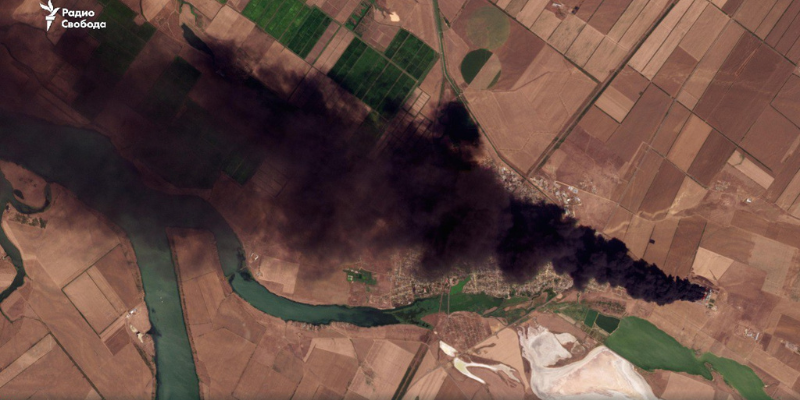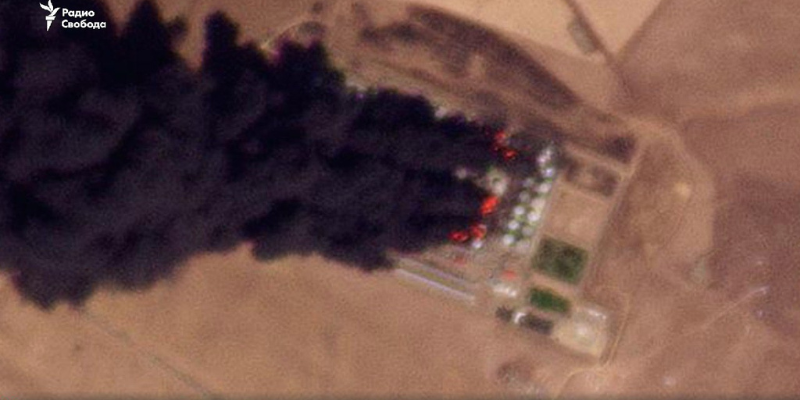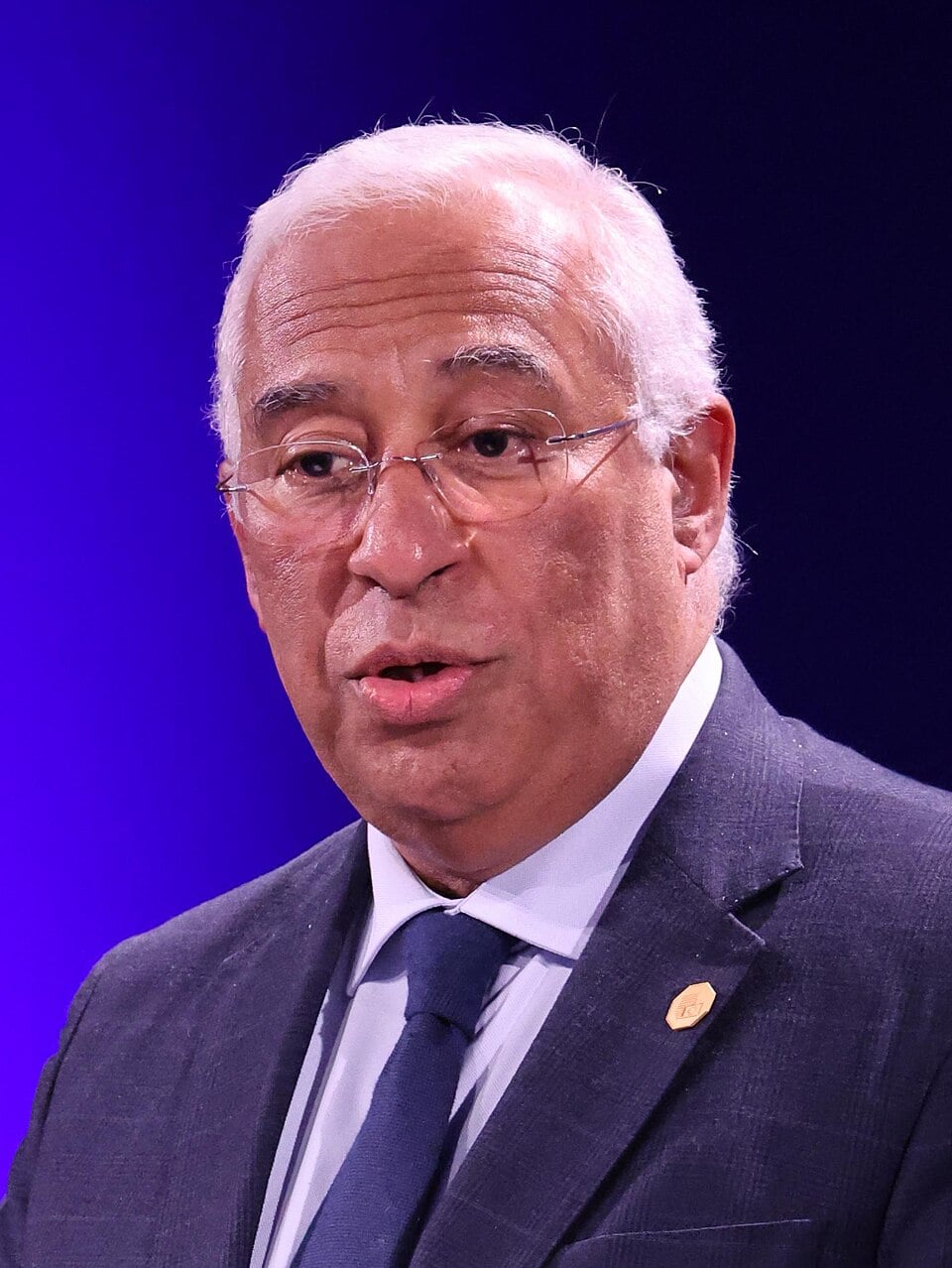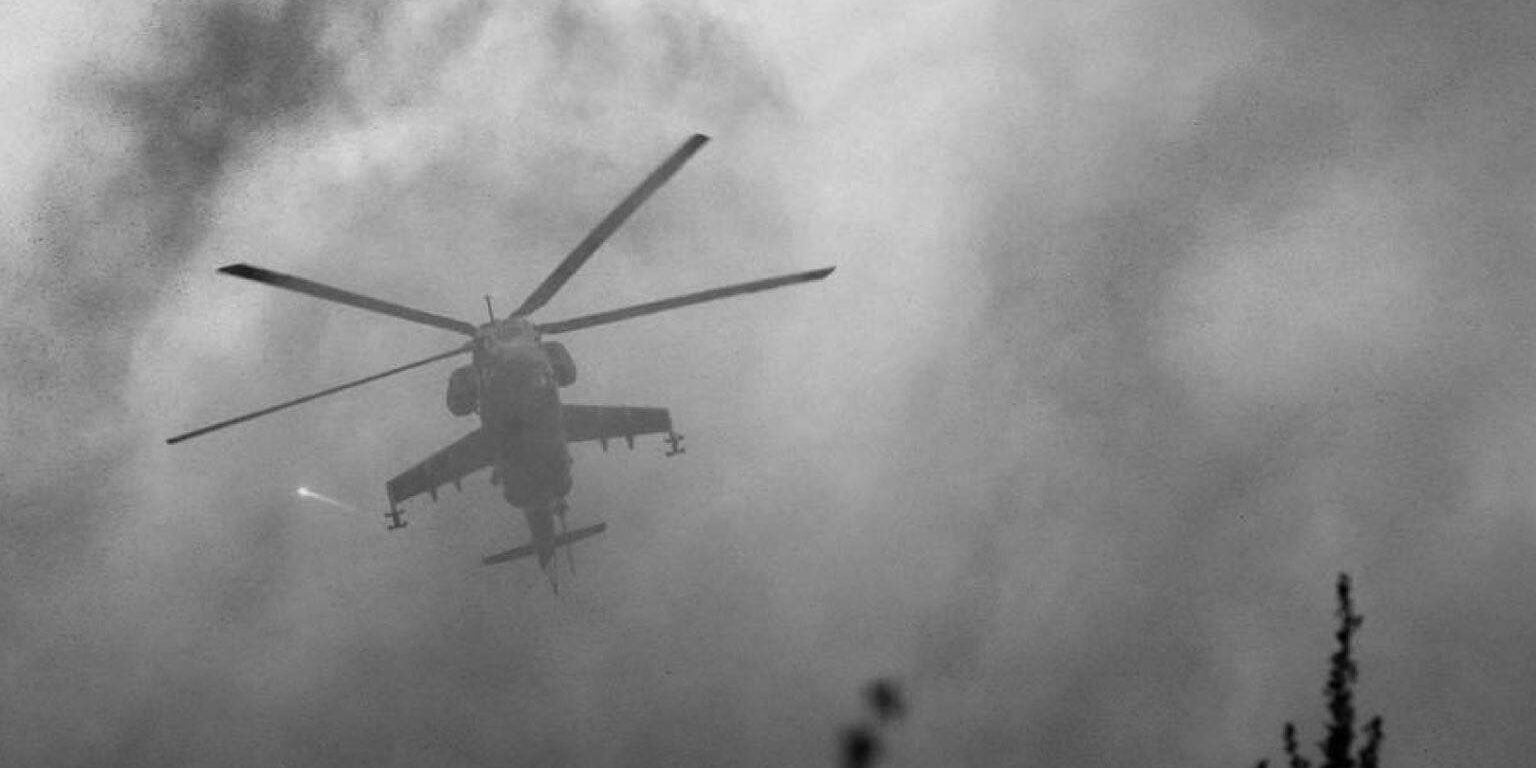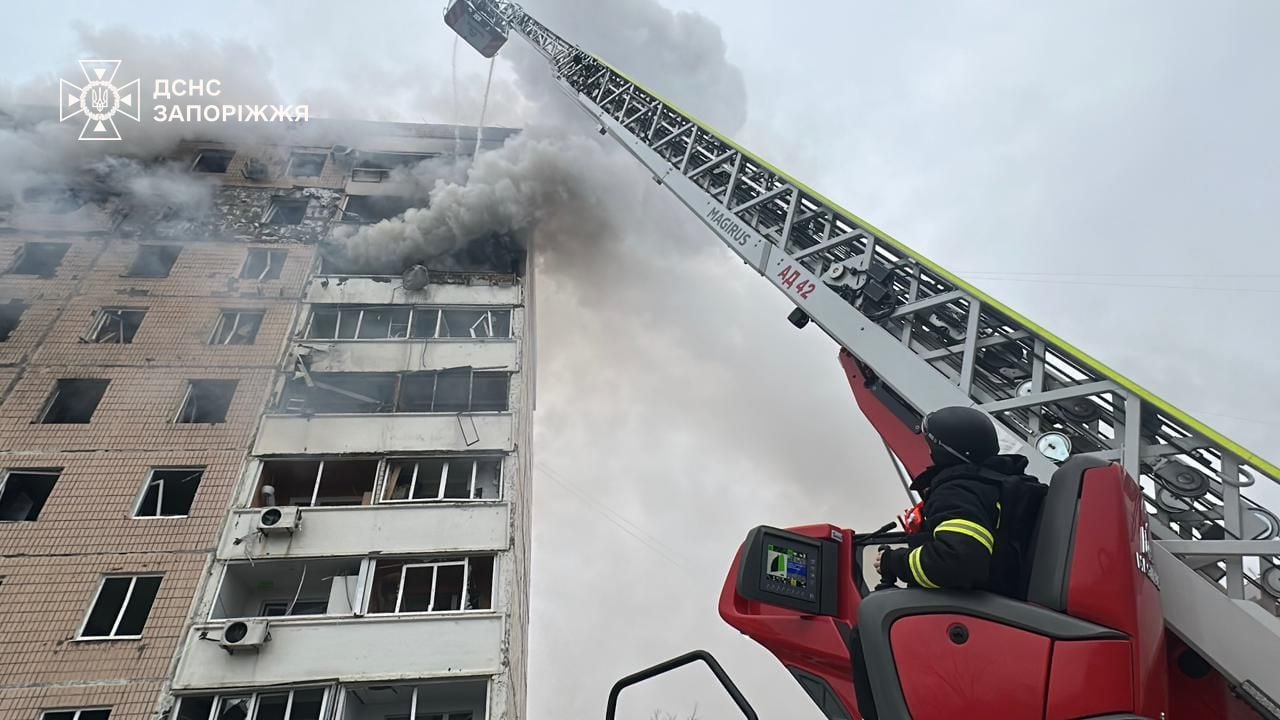Ukrainian Special Forces drones strike airfield in Russia: bomb and fuel warehouses damaged
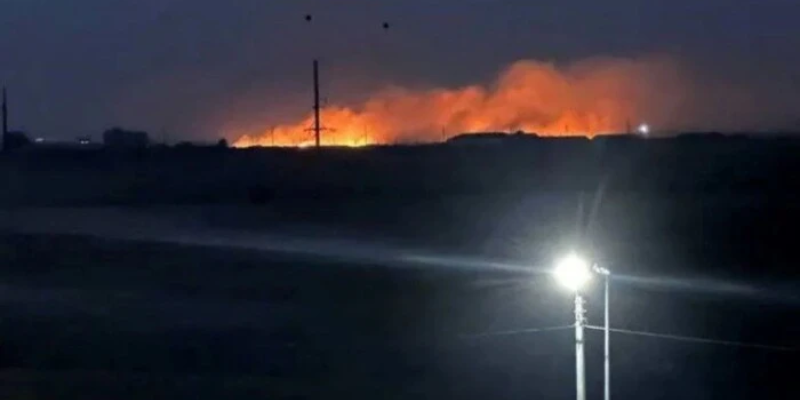
Ukrainian Special Forces carried out a drone attack on an airfield in the Volgograd region of Russia, causing damage to ammunition and fuel depots, according to a source from Ukrainian Pravda.
The attack was conducted by the Security Service of Ukraine (SSU) and the Special Operations Forces (SOF) on the Marynivka airfield, which is used by Russian troops for bombing in the Ukraine war. Locals described the attack’s aftermath as resembling scenes from an apocalypse movie, with warehouses exploding and fires erupting. The Ukrainian government sees these strikes as a strategic move to reduce Russian air superiority and limit their aviation capabilities.
SOURCESymbolic number of the Day
In the past 24 hours, there were a total of 134 combat engagements on the Ukrainian frontline in nine sectors. The most active sector was Pokrovsk, where Ukrainian troops repelled 53 enemy attacks. The Kharkiv sector also experienced six combat engagements near Vovchansk and Lyptsi. These details were provided by the General Staff of the Armed Forces of Ukraine on Facebook.
SOURCEWar in Pictures
An oil depot in Russia’s Rostov region has been engulfed in flames for almost four days, according to satellite images released by Radio Liberty. The fire has completely destroyed 14 fuel tanks, partially destroyed 4 more, while 16 tanks remain undamaged. However, the condition of the remaining 44 fuel tanks is unknown due to the thick layer of smoke covering them. The extent of the damage caused by the fire remains unclear.
SOURCEVideo of the Day
In the Kharkiv Oblast, an artillery attack by the enemy has caused the destruction of the village council building in Kozacha Lopan. During the ongoing emergency rescue operations, a woman born in 1968 was rescued from the rubble of the building. However, there is a possibility that there may still be people trapped under the debris. The work to search for and rescue any remaining individuals is still in progress.
SOURCEISW report

The Kremlin may be using this messaging campaign to afford itself time and space to respond to the Ukrainian incursion into Kursk Oblast after achieving its offensive objectives in eastern Ukraine. Russian government sources told Meduza that the Kremlin was initially shocked and worried about Ukraine’s incursion into Kursk Oblast but calmed down within a week because Ukrainian forces’ advances were far from more densely populated regional centers such as Kursk City.
Meduza reported that all interviewed officials expressed confidence that battles in Kursk Oblast will continue at their current scale for months, indicating that the Kremlin may not be rushing to repel Ukrainian forces from the region and will instead continue to prioritize its offensive operations in eastern Ukraine. A Ukrainian source in the military-political leadership, on the contrary, told Ukrainian news wire RBC-Ukraine that Putin tasked Russian forces with repelling Ukrainian forces from Kursk Oblast by October 1 without re-deploying forces from key frontlines areas – namely from the Pokrovsk and Toretsk directions. ISW previously assessed that Russian President Vladimir Putin and Russian military command likely view maintaining the theater-wide initiative as a strategic imperative to win the war of attrition against Ukraine and are continuing to prioritize the Russian offensive operations in eastern Ukraine.
Putin’s reported October 1 deadline assumes a long time for Russia’s territorial integrity to have been contested given that the incursion began on August 6th. Such a protracted occupation of Russian territory undermines the Kremlin’s longstanding narratives about why Russia is at war in the first place; the Kremlin had been justifying its war in Ukraine as a defensive war that aims to protect Russian sovereignty and territorial integrity.
The Kremlin’s relaxed approach to the temporal aspect implies that the Kremlin has decided to prioritize tactical advances in Ukraine over rapidly restoring Russia’s territorial integrity in Kursk, and this apparent decision undermines a series of long-standing narratives about Russian “red lines.”
SOURCEWar heroes
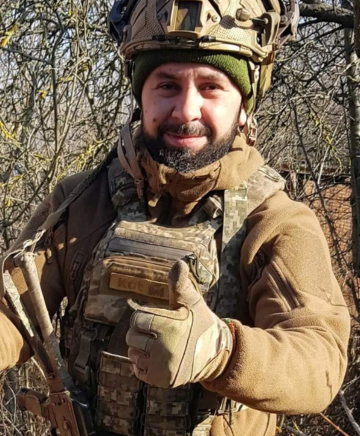
Junior Sergeant Oleksandr Hordieiev, with the call sign Kit, died on March 28, 2024, near the city of Beryslav, Kherson Oblast. He was a sapper, and while clearing the area of mines, he exploded and received fatal shrapnel wounds. The fighter was 35 years old.
Oleksandr was born in the village of Vesele, Zaporizhzhia Oblast. After graduating from high school, he entered Zaporizhzhia National University. But he did not graduate because he decided that he could study later, but first he had to start his own business. He tried many directions, looking for his niche. He had a quail and chipmunk farm, raised pigs, made concrete blocks and tombstones, and was engaged in fish farming.
Oleksandr’s greatest passion since childhood was fishing. It was not just a hobby, but a sport in which he achieved a professional level. He took part in competitions in different regions of Ukraine, won awards, and became an expert in everything related to the nuances of this activity. Oleksandr’s most outstanding catch was a 25-kilogram carp caught during a competition near Dnipro.
Oleksandr became a partner of Nova Poshta more than 12 years ago, opening a partner branch in his native village of Vesele. At first, he worked alone, and the business went well, so he later hired employees. Later, he opened a second large branch in Vasylivka. It was there that he met his future wife, Yana.
In parallel to his partnership with Nova Poshta, the man founded a separate business, registered his own trademark and had quality certificates. It was the production of feed and fish bait. Oleksandr was engaged in research on fish nutrition in different regions, in different seasons. Based on their results, he developed a recipe and produced craft batches of bait. Later, he began to produce T-shirts, caps, and other products for fishermen.
Oleksandr had an interesting and varied life, he was a very bright personality. He loved to learn new things, develop, and travel. He planned to study psychology. He traveled all over Ukraine with his wife and traveled abroad. He had many ideas, plans and prospects.
When the full-scale war broke out, the Hordieiev family lived in Vasylivka, which has been under occupation since early March 2022. Oleksandr and Yana worked until the branch was shot up. They lived under occupation for three months. When they realized that it would be a long time, Oleksandr organized a convoy and, despite the risks and difficulties, took all the employees and family to Zaporizhzhia.
Eventually, the man was mobilized into the Ukrainian Navy. Oleksandr trained as a sapper and was assigned to the 36th Separate Marine Brigade. Then he went to Donetsk Oblast. He was appointed commander of an amphibious assault unit of an engineer platoon.
“Oleksandr was kind, sincere, and open. He was never offended by people, he tried to help everyone. From early childhood, he worked to help his mother because he lost his father at the age of 6. He always loved to travel and discover something new for himself. He dreamed of writing a book about all his businesses so that people would know that they should never give up,” said Yana Gordeeva.
The defender was buried in the village of Tomakivka in the Dnipro Oblast. Oleksandr is survived by his mother, wife and daughter, who was 4 years old at the time of his father’s death.
*Oleksandr’s story on the Heroes Memorial – a platform for stories about the fallen defenders of Ukraine.
SOURCELatest news
- Cases against American, Italian and Ukrainian journalists who visited Sudzha City were initiated in Russia
- Zelenskyy: Ukraine captures new settlement in Russia’s Kursk Oblast
- WSJ: Ukraine encircles Russian troops in Kursk Oblast, prepares for long fight
- US Embassy: Russia could strike Ukrainian targets before Ukraine’s Independence Day
- Russian General Lapin eases border security in Kursk Oblast shortly before Ukraine’s offensive
- Ukraine’s General Staff: Russians bombard their own villages in Kursk Oblast, 27 guided aerial bombs dropped in a day
